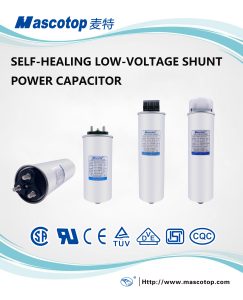
Capacitors are critical components in many electronic devices, from computers to smartphones to industrial machinery. However, the disposal and recycling of capacitors can pose significant environmental challenges. To address these concerns, capacitor manufacturers have implemented various initiatives and technologies to reduce their environmental impact.

Table of Contents
ToggleCapacitors contain various materials, including metals and chemicals, that can be harmful to the environment if not disposed of properly. For example, some capacitors contain lead, a toxic heavy metal that can cause harm to human health and the environment if it leaches into the soil and water. Furthermore, capacitors that end up in landfills can take hundreds of years to decompose, contributing to environmental pollution and landfill overcrowding.
In recent years, capacitor manufacturers have taken steps to reduce the environmental impact of their products. For example, some manufacturers have implemented recycling programs to collect and repurpose old or obsolete capacitors. These programs aim to reduce the amount of waste that ends up in landfills and help ensure that valuable materials are reused.
Other manufacturers have started to use more eco-friendly materials in their capacitor production. For instance, some manufacturers have begun using alternative materials such as bismuth-based alloys instead of lead-based alloys. Bismuth is a much safer material that is also more readily available, making it an attractive alternative to lead.
In addition to recycling programs and alternative materials, manufacturers have also implemented various technologies to recycle and repurpose capacitors. One such technology is the pyrometallurgical process, which involves melting down old capacitors and recovering the valuable metals inside. This process can recover up to 90% of the metal content of capacitors, reducing the amount of waste that ends up in landfills and conserving valuable resources.
Another technology is the hydrometallurgical process, which involves dissolving the metals in capacitors in a liquid solution. This process is particularly effective for recovering rare and valuable metals such as gold and silver, which are commonly found in capacitors. The recovered metals can then be used in new capacitor production or sold to other industries.
As the demand for electronic devices continues to grow, the environmental impact of capacitors will continue to be a concern. However, capacitor manufacturers have taken significant steps to address these concerns through recycling programs, alternative materials, and innovative technologies. By continuing to prioritize sustainability and environmental responsibility, manufacturers can help reduce the impact of their products and create a more sustainable future for all.